One would not think that the latest phenomenon known as fexting or fighting over text can be attributed to the First Lady of the United States, Jill Biden — but it’s true. According to Jill, she and Joe prefer to argue over text so that the Secret Service agents around them are not privy to their fights. This is not to say that fexting in a relationship or fighting over text hasn’t been around for ages (or at least as long as cell phones became popular). But, during a magazine interview, Jill and Joe Biden brought the term into the limelight.
While we, common people, may not have bodyguards to hide our dirty laundry from, we, too, have been guilty of using our phones for heated text conversations. Read on as we delve into the world of fexting, explore its definition, the reason why some couples prefer to fight over messages, how you can avoid falling into this trap, and even the surprising ways it can be GOOD for your relationship.
What Is Fexting?
Table of Contents
So, what is fexting? As mentioned earlier, the phenomenon has been around for a while and is not new. However, ‘fighting over text’ got much cooler thanks to its latest moniker.
Fexting in a relationship refers to engaging in arguments over text messages. A mash-up of the words fighting and texting allows partners to argue with each other remotely. And it’s obviously not just limited to romantic relationships. We’ve surely all fexted with our parents, kids, peers, and colleagues at some point in time.
Suddenly, one message can develop into full-blown arguments over text, making your relationship shaky and unsure. Arguing with each other just got much easier thanks to technology (but not necessarily any less messy). According to a study by SellCell, fexting in a relationship is becoming more and more popular. Their survey indicated that,
Related Reading: The First Fight In A Relationship – What To Expect
- 79.61% of 1,064 people surveyed confirm that they have had an argument via text message
- 47.56% of respondents state that they use fexting to argue with their current or ex-partner
- 59.83% of people say that arguing through text messages has had a negative impact on their relationship
While text messages can be a convenient means of communication, the limitations of this medium often lead to misunderstandings as one can easily misinterpret a text message. These misunderstandings can spiral into full-blown fights, creating a rift between partners. Therefore, proceed with caution and stop arguing with your boyfriend over text or use text messages as the easy route for releasing all your pent-up emotions against your girlfriend/partner/spouse.

How do you recognize fexting?
Now that you understand what fexting is, the next question is: how do you recognize that you’re engaging in it? At what point does a text exchange veer into the territory of fexting? You and your partner are fexting if you notice any (or all) of the following,
- The texts are angry
- There is a lot of hostility coming through the messages
- Both of you are playing the blame game
- There is name-calling and hurtful texts
- Long messages that express anger and reasons for the fight
- Text messages that convey sadness and betrayal
- Sending angry voice notes or videos
- Prefer to argue over text rather than face-to-face
You get the picture. If you and your partner are arguing more and more over text rather than in person, it’s a matter of fexting for sure.
Related Reading: 21 Love Messages To Text Your Boyfriend After A Fight
Why Do Couples Fight Via Text?
More than 62% of the population uses an online format to communicate. Unsurprisingly, a large percentage uses the digital sphere to express emotions such as anger, dismay, sadness, and betrayal. Arguments over text can be acceptable in certain situations, such as coordinating plans or sharing brief updates. However, when sensitive topics arise, or emotions run high, relying on text messages becomes risky.
The hurtful things you say in a relationship, especially the harsh language exchanged over text arguments can rarely be taken back. It’s easier to misinterpret a text message due to the lack of nonverbal cues that face-to-face conversations offer, which can amplify the intensity of the disagreement.
For most of us, our arguing style can be traced back to our childhood. If you grew up in a home where your caregivers avoided conflict, it is natural that you feel flustered when confronted with a problem. In such a situation, putting down your thoughts and communicating your feelings via text message allows for a safer, less aggressive environment.
On the other hand, if your parents argued openly and encouraged a healthy relationship around resolving conflicts, you may prefer face-to-face communication and in-person arguments rather than fexting.
The tricky part is when both partners come with different conflict management styles. Text messages can worsen the situation if both people don’t feel the same way, making it easy to misinterpret the tone or read too much into what is written. Even a delay in replying to a potent text message can add to the heightened emotions at play.
How Does Fexting Harm Relationships?
Let’s put this out there. Everyone fights. Any relationship worth its salt will involve some conflict over time. The crux of the matter lies in whether both partners fight “fairly.”
It’s important for a relationship that,
- Both partners fight fairly
- Both parties learn something from the argument and respond constructively
- Communication is based on honesty and maturity, so it paves the way for learning and a possible change in behavior
Related Reading: 3 Day Rule After An Argument – Meaning, How And When To Apply, Pros And Cons
Why is fexting a bad idea?
However, when it comes to texting your feelings or trying to fix a relationship over text, there is always the risk of permanently leaving an imprint. While the feelings of anger and hurt can be forgotten, the words remain to haunt you forever. So proceed with caution and think twice before you hit send.

1. A lack of tone and nuance in text messages can lead to miscommunication
When you argue in person, factors such as facial expressions, body language, and tone of voice play a huge part in helping the other person understand the bigger picture. When you resort to texting or talking on the phone, your partner cannot see or read all the signals and can misinterpret the text messages. Sometimes, what is being written is not what is actually being felt and can lead to a more vicious, hurtful argument than necessary.
Related Reading: 9 Things To Do When Every Conversation Turns Into An Argument
2. Arguments over text can never be erased
There’s one piece of advice my mother gave me that I follow to date. She told me, “Never put in words what you can say in person.” And while she meant don’t write long letters, I have applied the same rule to fighting over text. Let no words you say come back and haunt you in the future.
Remember — a text fight can permanently live on your phone’s memory. Unless both partners agree to delete the message thread and start afresh, the pain remains to revisit and nurture any time you feel triggered or resentful. In the long run, this is not conducive to a healthy relationship.
3. You can’t fix a relationship over text
Let me explain. If you are in a long-distance relationship, proceed with extra caution when it comes to discussing your emotions. Be mindful about the message you are putting across, and pay attention to the tone of the conversation. If you need to stop arguing with your boyfriend over text/fighting with your girlfriend/partner over text, it can be helpful to use a code word if things are getting too heated and wait until both of you are cool-headed before returning to the topic at hand.
Ways to text constructively
As much as we profess that fexting isn’t the ideal way to handle arguments and disagreements, in this digitized life of ours, fexting has become inevitable to a large extent. To make sure in the heat of the moment, you don’t end up writing something that can cause long-term damage to your relationship, here are some tips that can help you take a pause and rewrite that angry message:
- Read your partner’s text slowly and carefully
- Take some time to digest what is being written before rushing to reply
- When you do reply, read your message out aloud to check how it would sound to the person on the receiving end
- Approach your replies with caution, empathy, and patience (tougher to do, I know, but we are aiming for a higher ground out here)
- Avoid responding with knee-jerk criticism or sarcasm
- But please take the time to respond. If not, schedule a call or message by text saying you will discuss this in person. Ignoring a message can aggravate the situation even further
- Know when to take the conversations offline. Handholding, eye contact, and just being in each other’s presence can go a long way in reassuring your partner that you are listening and responding with care
Related Reading: 8 Ways To Reconnect After A Big Fight
Alternatives to Fexting
What can you do instead of arguing with your boyfriend or partner over text? Let’s look at some tips and tricks that will help you break this vicious cycle:
- To stop the cycle of fexting, consider implementing a code word. When conversations begin to feel triggering, use the code word to signal the need for a pause
- Transition the discussion to a more suitable medium, such as a phone call or video chat, to avoid further misunderstandings
- In long-distance relationships, communication is paramount; invest time in meaningful interactions to bridge the physical gap
- Healthy relationships involve a balance of digital and face-to-face interactions, recognizing the unique benefits of each
- Clarifying questions play a crucial role in avoiding misinterpretations; seek clarity before assuming intentions
- Propose a time to have open communication. Don’t shoot off an aggressive text during a work day and catch your partner unawares. It doesn’t accomplish anything
- Have that difficult conversation, no matter how much you want to avoid it. The entire point of growing in a relationship is working through and benefitting from your conflict.
- Remember, it’s okay to disagree. Constructive criticism is sometimes essential, and there is also not always a clear-cut right or wrong. For the sake of your mental health — drop the arguments and move on
If, on the other hand, the fighting is relentless and not getting anywhere, you can consider therapy. Speaking to a professional or a trained counselor can help learn new communication skills and new relationship problem-solving tools. It ain’t over till it’s over, right?

When is fighting over text a good idea?
In the study by SellCell, it was discovered that most respondents (48.58%) state fexting allows them to consider what they will write to the person they’re arguing with. Let’s unpack this, shall we?
Fexting gives you personal space to sort out your feelings: Unlike face-to-face or phone conversations, there’s no rush to reply, so you can think about your emotions and understand the other person’s perspective. This often leads to more open and honest communication during arguments
Related Reading: What To Do After A Fight With Your Boyfriend?
Fexting can help avoid saying things you might regret: When things get heated, we can act defensively, making it hard to choose our words carefully. With texting, you type out your thoughts, allowing you to review and edit.
So, how do you fext productively with your partner and not misinterpret text messages?
- Use “I” statements instead of blame-shifting
- Take breaks when needed, communicate that to your partner, and come back with a clearer mind
- Avoid aggressive texting language, and most importantly, be respectful
For those who struggle to articulate themselves at the moment, fexting provides a comfortable space to express concerns without feeling overwhelmed. Introverted individuals may prefer online quarrels, allowing them to process and evaluate the situation in their own time. Reading through messages allows us to grasp the issue and respond thoughtfully. Without the pressure for an immediate reply, we can provide more careful insights, especially when dealing with those who tend to be more conflict-inclined.
Key Pointers
- Fexting in a relationship involves engaging in arguments over text messages
- The convenience of texting can mask the potential pitfalls of this mode of communication
- Limitations in conveying emotions and nuances often lead to misunderstandings
- Being mindful of your emotional state and choosing your words carefully can help you use fexting constructively
In the intricate dance of romantic relationships, fexting threatens to disrupt the rhythm. Understanding why fexting is a bad idea and actively exploring alternatives empowers couples to build stronger connections. Remember, text messages have their place, but when emotions run high, opt for the transparency of face-to-face communication. Before you hit send, hit pause, and think about the conflict’s long-term repercussions.
How To Control Anger In A Relationship – 12 Ways To Tame The Temper
8 Conflict Resolution Strategies In Relationships That Almost Always Work
Your contribution does not constitute a charitable donation. It will allow Bonobology to continue bringing you new and up-to-date information in our pursuit of helping anyone in the world to learn how to do anything.

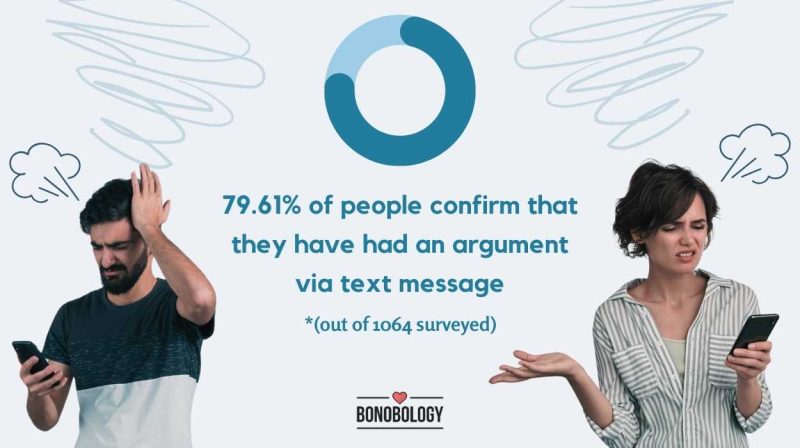

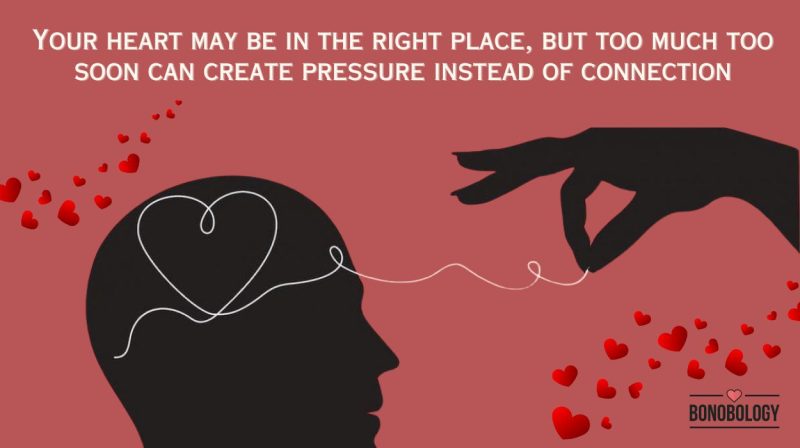






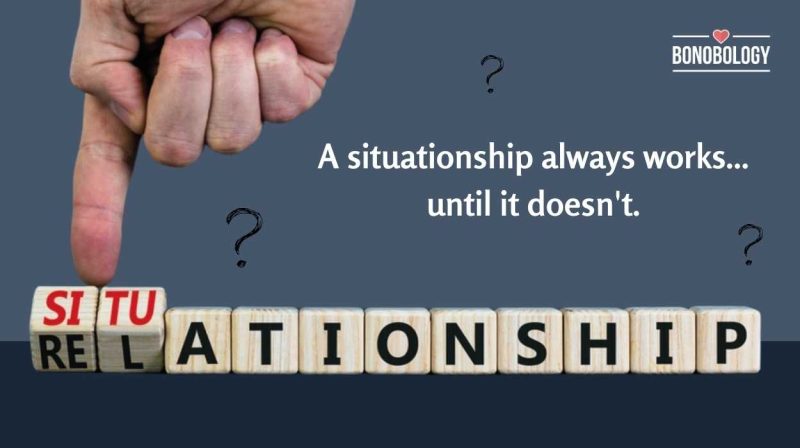


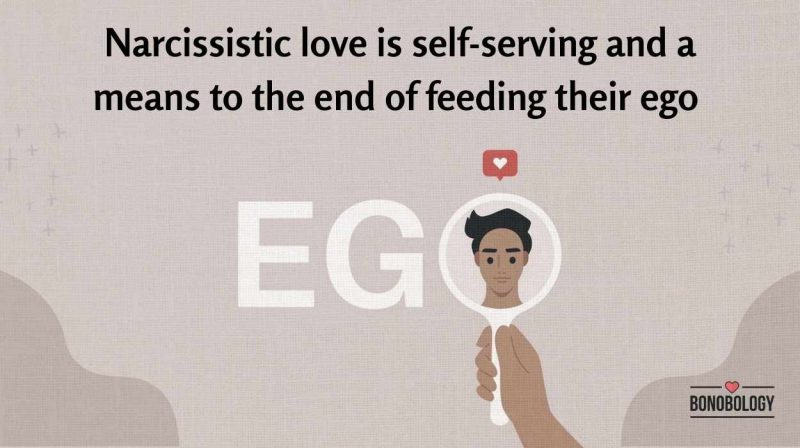






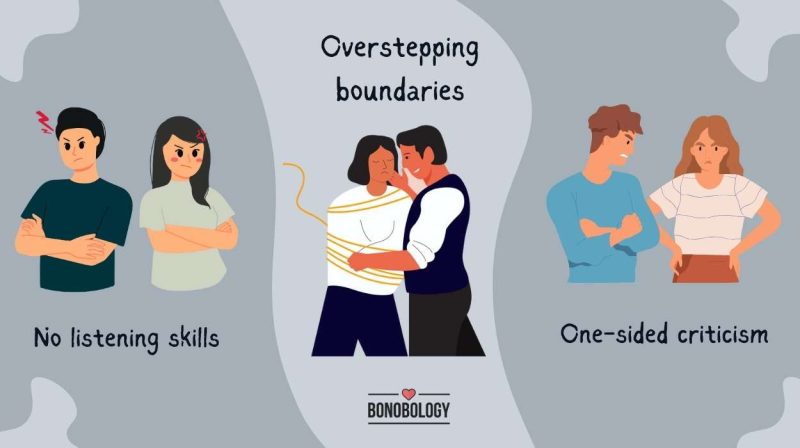
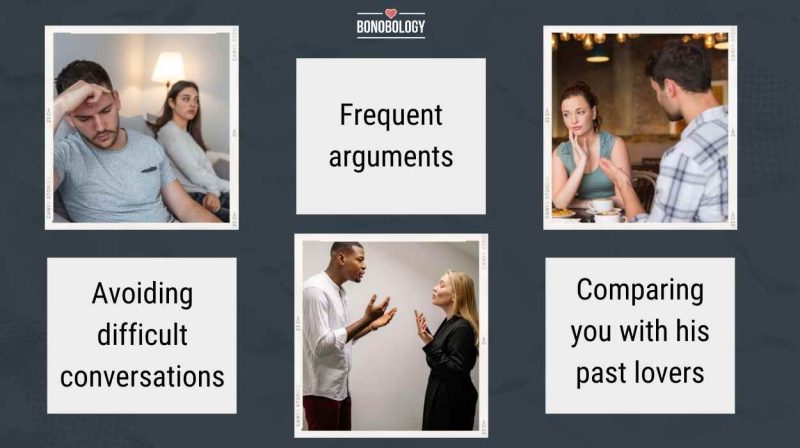
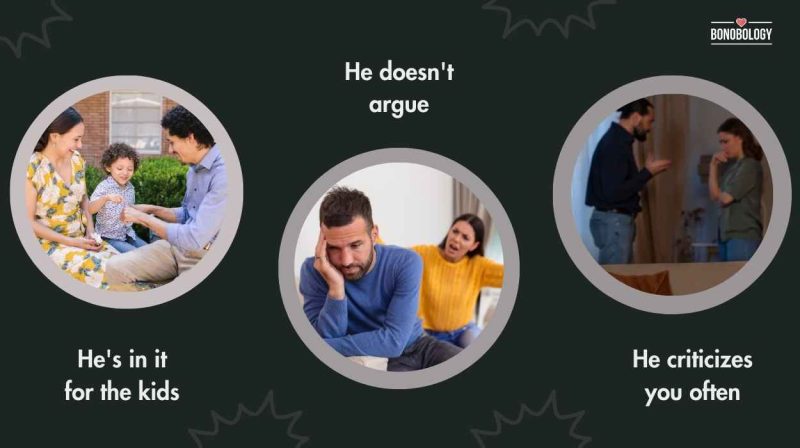
Featured
Unintentional Love Bombing: 9 Ways You May Be Overwhelming Your Partner
13 Signs Of A Hot And Cold Relationship & How To Break The Pattern
21 Subtle Signs You’re Not Really In Love With Your Partner
I Hate My Girlfriend: Why You Feel This Way And What To Do
When Health Challenges Affect Your Relationship Dynamics
5 Harsh But True Signs He’ll Never Marry You
21 Signs That You Are Alone In A Relationship
11 Situationship Red Flags You Should Know About
Why Do I Get Attached So Easily? 9 Possible Reasons and Ways to Stop
How To Respond To DARVO: Expert Lists 7 Strategies
Are Narcissists Capable Of Love?
11 Prominent Male Narcissist Traits to Watch For
Why Does My Girlfriend Hit Me? Expert Shares 11 Possible Reasons And Ways To Cope
How Does A Narcissist React When They Can’t Control You?
“My Anxiety Is Ruining My Relationship”: 6 Ways It Does And 5 Ways To Manage It
13 Distinctive Traits Of Female Narcissists Revealed
Recognizing The 13 Red Flags Of A Controlling Relationship
What Are The Examples Of Narcissistic Behavior In A Relationship?
11 Signs He Is Forcing Himself To Love You
21 Signs The Relationship Is Over For Him and How To Deal With It